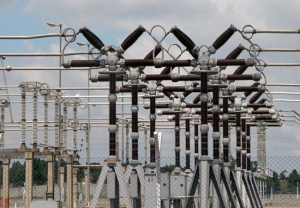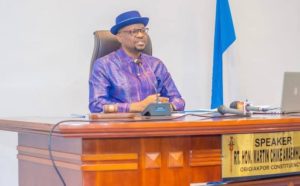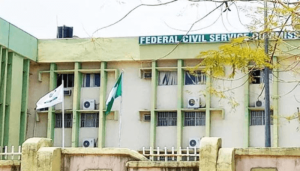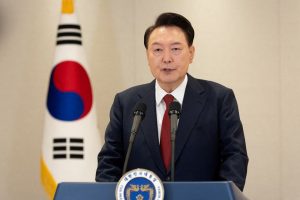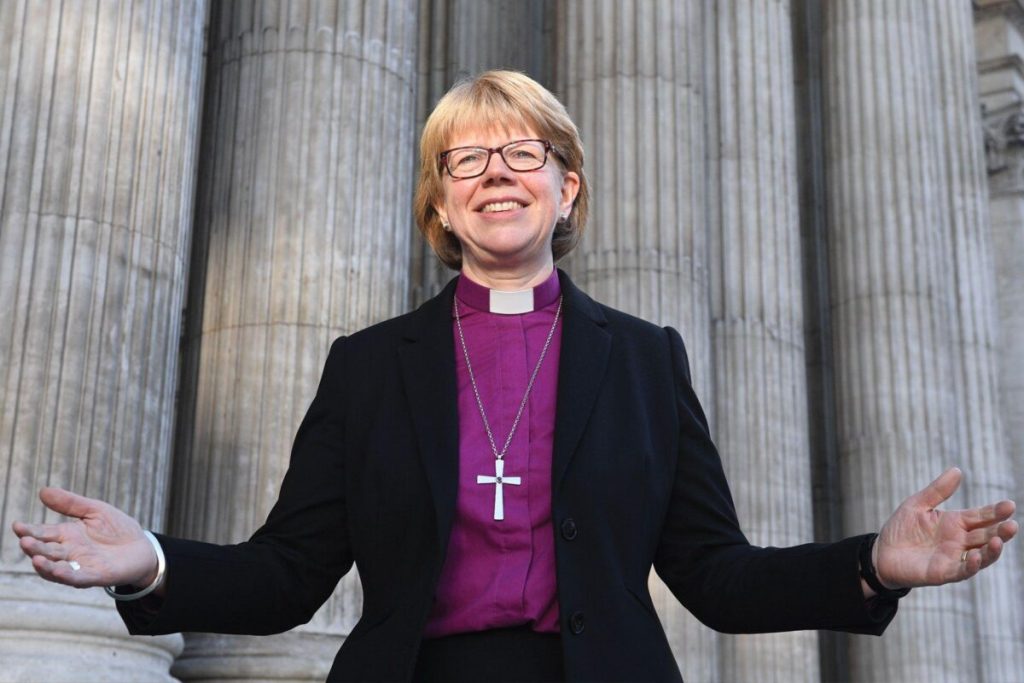
The Church of Nigeria (Anglican Communion) has strongly opposed the appointment of Bishop Sarah Mullally as the new Archbishop of Canterbury, describing the development as devastating and insensitive to the convictions of the majority of Anglicans worldwide.
A statement from the Archbishop, Metropolitan, and Primate of the Church of Nigeria, Most Reverend Henry C. Ndukuba, emphasized that Mullally’s appointment disregards the ongoing deep divisions and challenges within the Anglican Communion.
The Church of Nigeria, which represents approximately 80 percent of the global Anglican population and aligns with the Global Fellowship of Confessing Anglicans (GAFCON), expressed strong disapproval largely due to Mullally being the first female to hold this historic position and her known support for same-sex marriage.
This stance comes on the back of Mullally’s 2023 remarks describing the approval of blessings for same-sex couples by the Church of England as a moment of hope, a position that Nigerian Anglicans see as contentious and divisive.
The Nigerian church stated that Mullally’s election confirms that the global Anglican community no longer accepts the leadership of the Church of England and the Archbishop of Canterbury under these conditions.
They reaffirmed their commitment to upholding scriptural authority, historic creeds, evangelism, and Christian living, opposing what they describe as a revisionist agenda.
The Church of Nigeria called on faithful Anglicans in the Church of England who have rejected same-sex marriage and other controversial teachings to continue contending for the original faith once delivered to the saints, quoting biblical scriptures as a foundation for their stance.
Sarah Mullally’s appointment is a landmark in Anglican history as she becomes the first woman to lead the Church of England, the mother church of the worldwide Anglican Communion. However, her appointment has triggered significant backlash from the Nigerian Anglican community, underscoring the ongoing fractures and theological divides within global Anglicanism.



